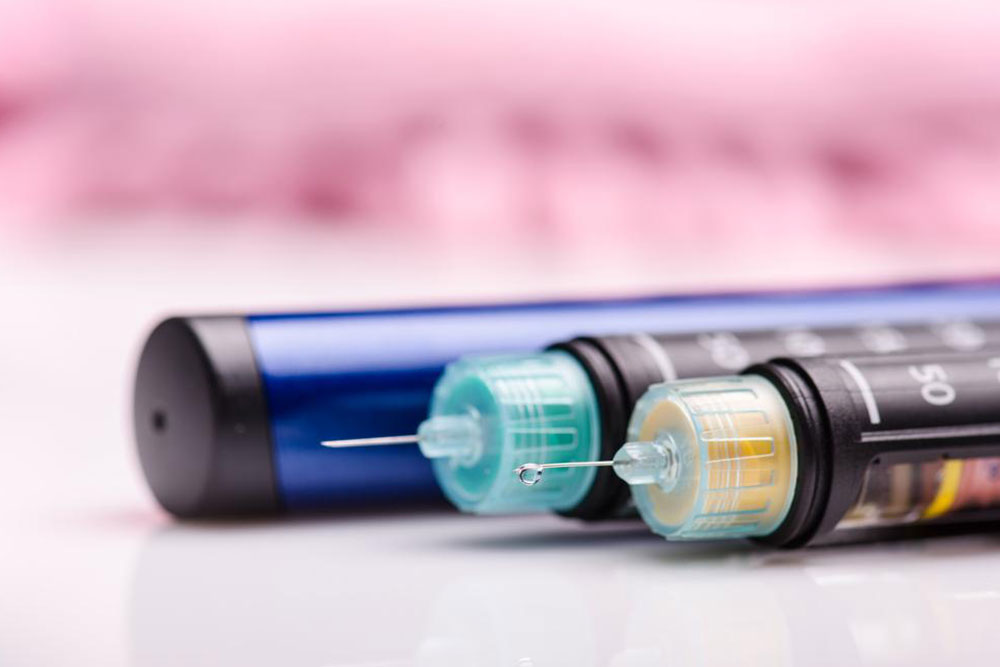Comprehensive Guide to Managing Diabetic Neuropathy
Learn about diabetic neuropathy, its symptoms, causes, types, diagnosis, and effective management strategies. This comprehensive guide emphasizes the importance of blood sugar control, proper diet, regular exercise, and medical treatment to prevent nerve damage and maintain overall health for diabetics.

Understanding and Managing Diabetic Neuropathy
Diabetes has become a widespread condition affecting many individuals today. If you experience burning, shooting, or prickling sensations in your hands and feet, you might be dealing with diabetic peripheral neuropathy, often dubbed diabetic nerve pain. This complication mainly results from inadequate blood sugar control and is prevalent among diabetics.
Nerve pain is characterized by damage to nerves, caused by injury or diabetes, which sends signals to the brain. Although nerve damage may be irreversible, maintaining blood sugar levels can prevent further harm. Consulting a healthcare professional at the first signs is crucial.
Symptoms typically include burning, stabbing, numbness, tingling, electric shock sensations, and heightened sensitivity to touch. Other issues may involve urinary problems, vaginal dryness in women, erectile dysfunction in men, depression, and unexplained weight loss.
Causes
Diabetic nerve damage often occurs in individuals with longstanding diabetes, typically over 20 years. Contributing factors include:
Nerve inflammation from an overactive immune response
Nerve injury due to trauma or other medical conditions like rheumatoid arthritis
Genetic predispositions making nerves more vulnerable
Blood vessel damage reducing oxygen and nutrients supply to nerves
Metabolic issues such as low insulin, high blood pressure, and elevated lipids
Lifestyle choices like smoking, excessive alcohol intake, and obesity
Types of Diabetic Nerve Pain
Proximal neuropathy: Affects nerves in hips, buttocks, or thighs, causing leg weakness.
Peripheral neuropathy: Common form affecting feet, toes, fingers, and hands with numbness or pain.
Autonomic neuropathy: Impacts involuntary nerves controlling digestion, blood pressure, sweating, and sexual functions.
Focal neuropathy: Sudden nerve damage leading to pain or weakness in specific body parts.
Diagnosis
Doctors evaluate symptoms and perform physical exams, nerve conduction tests, electromyography, and assessments of heart response, bladder function, and blood pressure to confirm diabetic nerve damage.Management and Prevention
Effective treatment involves medications to minimize nerve discomfort and prevent complications. Additionally, controlling blood sugar is vital—regular monitoring, balanced diet, and exercise like brisk walking and yoga help improve circulation. Maintaining healthy weight, staying hydrated, and following prescribed medications are essential steps. Topical creams and antidepressants may also alleviate pain. Diabetics should prioritize diet, hygiene, and fitness to stay healthy and prevent nerve issues.









